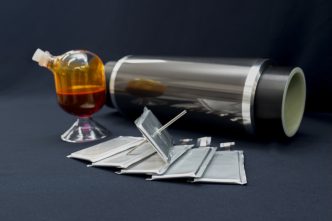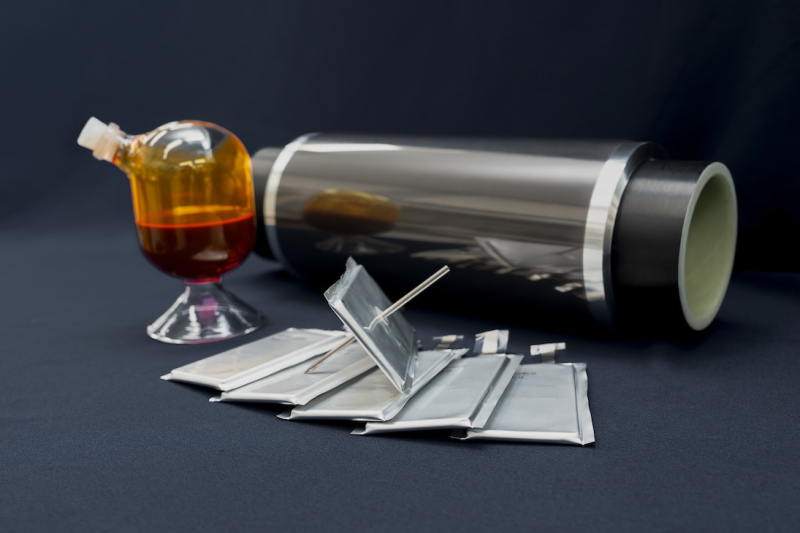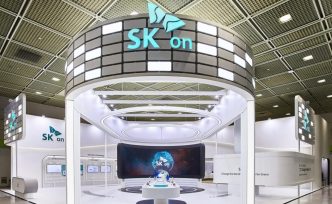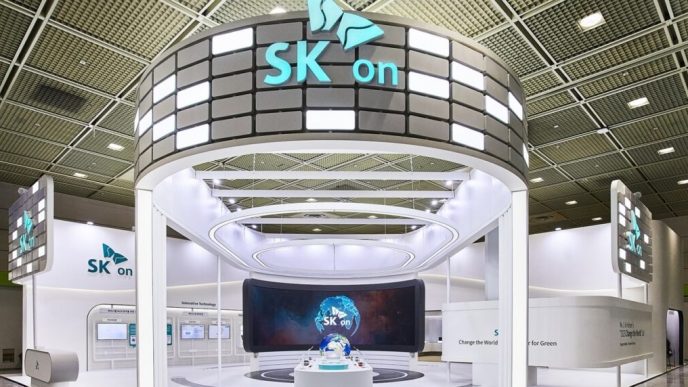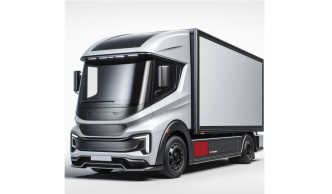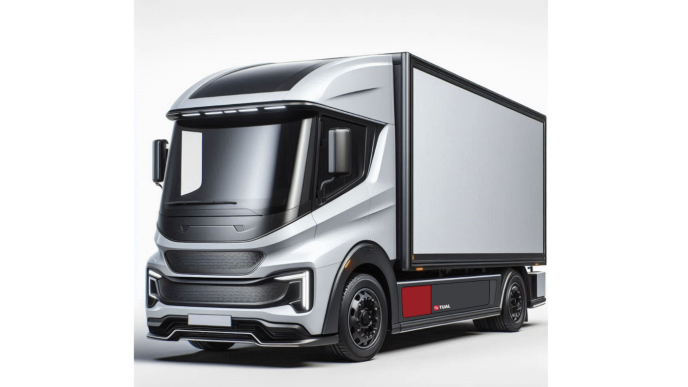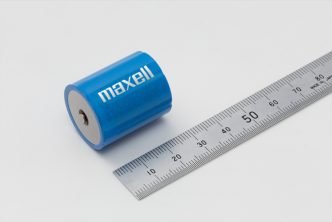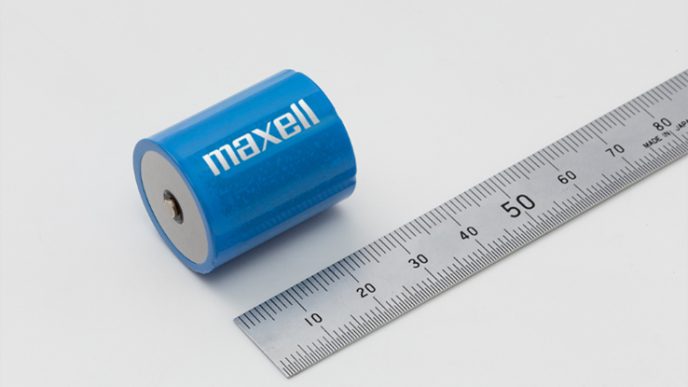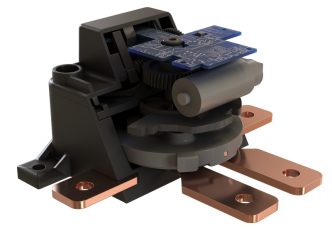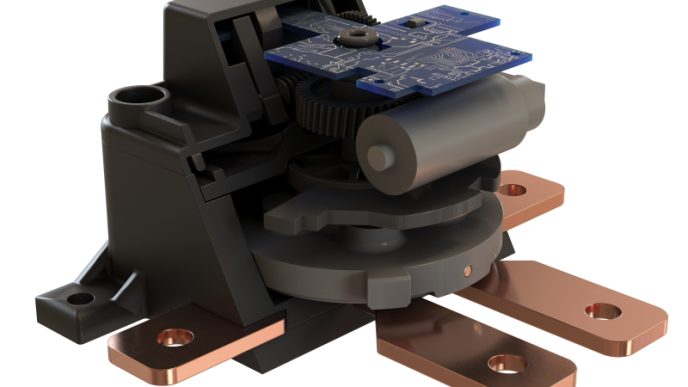LG Chem has announced a significant advancement in battery safety with the development of a temperature-responsive Safety Reinforced Layer (SRL), aimed at suppressing thermal runaway. In collaboration with Professor Lee Minah’s team from POSTECH’s Department of Battery Engineering and safety verification from LG Energy Solution, the findings have been published in Nature Communications.
This novel composite material functions as a “fuse,” altering its electrical resistance in response to temperature changes. Positioned as a thin layer (1 micrometer) between the battery’s cathode layer and current collector, the SRL effectively blocks current flow during overheating. When temperatures exceed the normal operating range of 90°C to 130°C, the SRL reacts to the heat, significantly increasing its electrical resistance by 5,000 ohms for each degree Celsius rise. This results in a resistance level more than 1,000 times greater than at standard temperatures. Importantly, the SRL is reversible, allowing normal current flow once temperatures return to safe levels.
Thermal runaway, a primary cause of battery fires in electric vehicles, occurs when the cathode and anode accidentally come into contact, leading to a short circuit and rapid temperature rise—potentially reaching nearly 1,000 °C within seconds. The SRL is designed to mitigate this risk by promptly blocking the reaction path during the initial overheating stages.
In rigorous tests, batteries equipped with the SRL demonstrated remarkable fire resistance. In penetration tests involving Lithium Cobalt Oxide (LCO) batteries punctured with a nail, 84% of standard batteries caught fire, whereas none of the SRL-equipped batteries ignited. Similarly, in impact tests with Nickel Cobalt Manganese (NCM) batteries, where a 10kg weight was dropped, 70% of the SRL-equipped batteries remained unscathed, while the others extinguished flames within seconds.
LG Chem’s breakthrough addresses challenges faced by previous temperature-responsive materials, which often suffered from slow reaction times and reduced energy density. The company’s patented material design enables rapid mass production application. Having completed safety verification tests for mobile batteries, LG Chem plans to extend testing to large-capacity electric vehicle batteries throughout the upcoming year.

